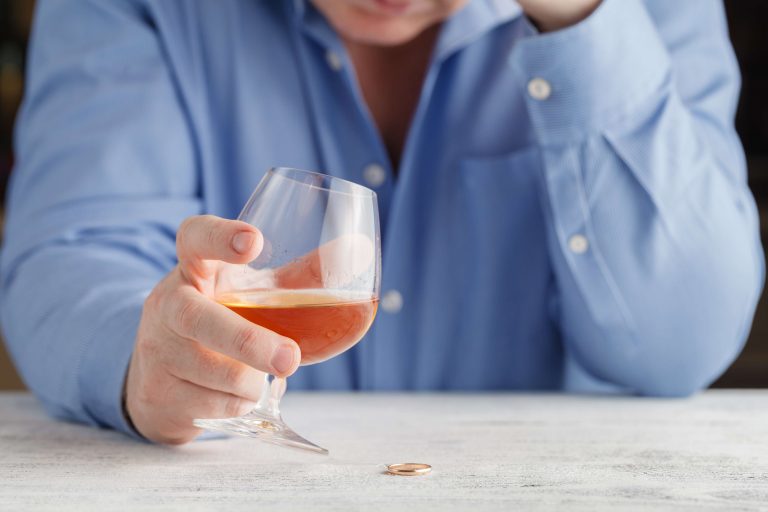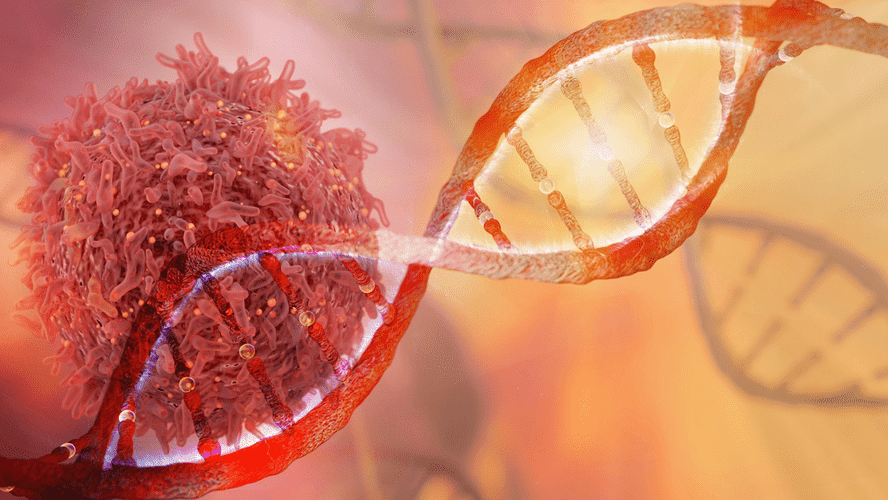New study focuses on what happens if you stay on weight loss drug Wegovy for years
Knowing relapse signs can help you recognize your risk of relapse, and they may include a return to addictive thinking patterns and compulsive behaviors. Depending on the severity of the addiction or substance being used, a medically supervised detox may be necessary to safely help you. Some studies find that Top 5 Advantages of Staying in a Sober Living House this structure, along with a start date for sobriety and milestones, is important to some people in recovery. Although these new activities are healthy and productive, they can be a stumbling block to lasting recovery if they become a transfer addiction to fill the void left by the original addiction.

Health Care Providers

Detox can occur in a hospital setting or as the first part of inpatient or outpatient rehabilitation. Sobriety is a general term for staying away from mood- and mind-altering substances, though there is no commonly agreed-upon medical definition in terms of what sobriety means. People in recovery generally agree that abstinence is necessary but remains just a starting point for a new, sober https://thewashingtondigest.com/top-5-advantages-of-staying-in-a-sober-living-house/ life. As explained and elaborated on by the National Institute on Alcohol Abuse and Alcoholism, relapse prevention is the main goal of all addiction treatment. Treatment provides you with the tools to change your thoughts, emotions, and behaviors around substance use. If you’re not ready or willing to change those behaviors and thoughts, then treatment cannot do what it’s designed to do.
How Long Do Outpatient Treatment Programs Take?
Staying sober requires a person to analyze the reasons why they were using the substance, identify their personal triggers for relapse, and avoid falling into a pattern of use again. Early sobriety may come with feelings of fatigue and the stress of dealing with challenges (people, places, and things that stimulate the urge to use). It’s impossible to know how you’ll react and how your life will change when getting and staying sober.
- For opioid use disorder, medications like methadone and buprenorphine are evidence-based treatment options that help reduce patient harm and improve outcomes, including achieving abstinence.
- It may include rediscovering a work or social role, finding new recreational interests, or developing a new sense of spiritual connection.
- The gift of sobriety is absolutely worth every effort it may take to get there.
- Some people experience a severe form of alcohol withdrawal known as DTs.
- The chronic nature of addiction means that for some people relapse, or a return to drug use after an attempt to stop, can be part of the process, but newer treatments are designed to help with relapse prevention.
Learn to Manage Stress
For many people with a substance use disorder, it’s simply a matter of never having learned the appropriate way to manage anger. Talk to your therapist, other healthcare provider, or sponsor about how to deal with your anger in ways that won’t cause you to harm yourself or others or turn to alcohol or drugs. Just as no one treatment plan fits all people, no one treatment plan may be suitable for the entire time you are in a formal treatment program. Detox occurs when the body goes through the process of eliminating substances from itself. Individuals who experience withdrawal symptoms have become dependant on the substance. This means that the brain and body have become so accustomed to having the substance present that without it, they can’t function properly.
The U.S. Is Easing Marijuana Restrictions. Here’s How It Works.
Some people claim that giving up an addiction means that a person is sober. However, sobriety is often used to describe people who maintain a certain level of stability in recovery. Most people who make their way into recovery have left a lot of pain and suffering in their wake. Feeling guilty or ashamed of past behavior or actions during active addiction is natural and healthy. People in recovery from a substance use disorder frequently have problems meeting work-related responsibilities, maintaining employment, and managing money.
STEP 1 clinical trial
Learning new coping skills for dealing with unpleasant feelings is another pillar of recovery. Not everyone comes from an encouraging and supportive home environment. If your family and or friends aren’t motivating you to seek help for your substance misuse, make an appointment with a medical or addiction treatment professional.
